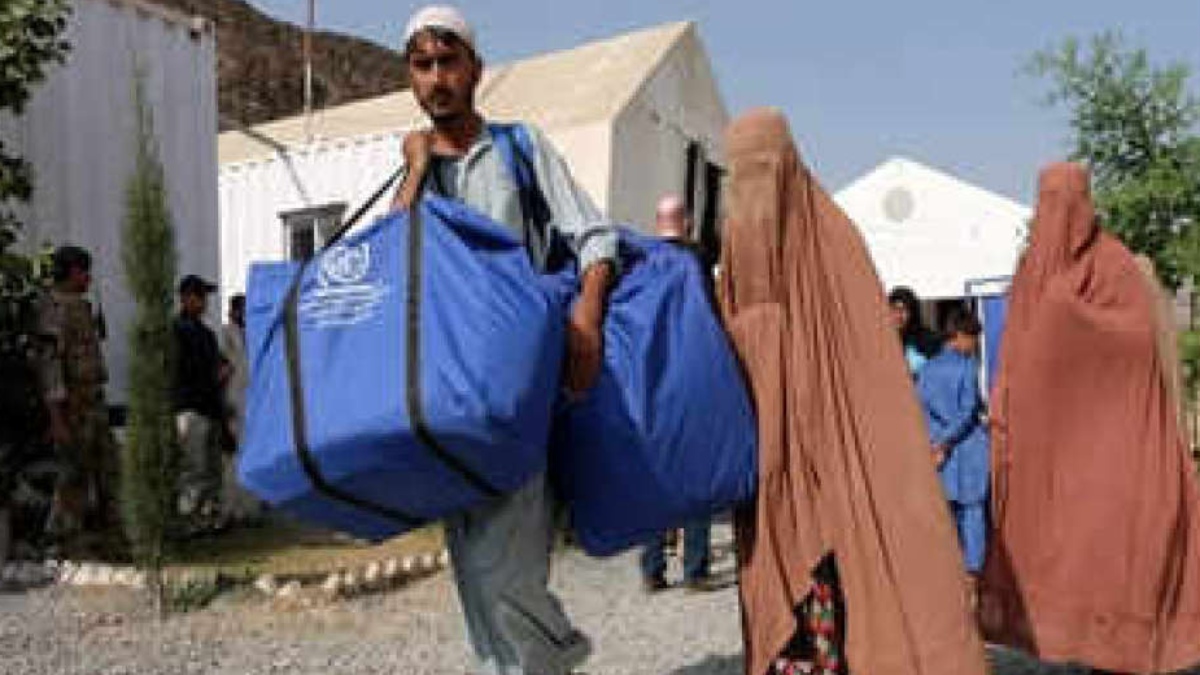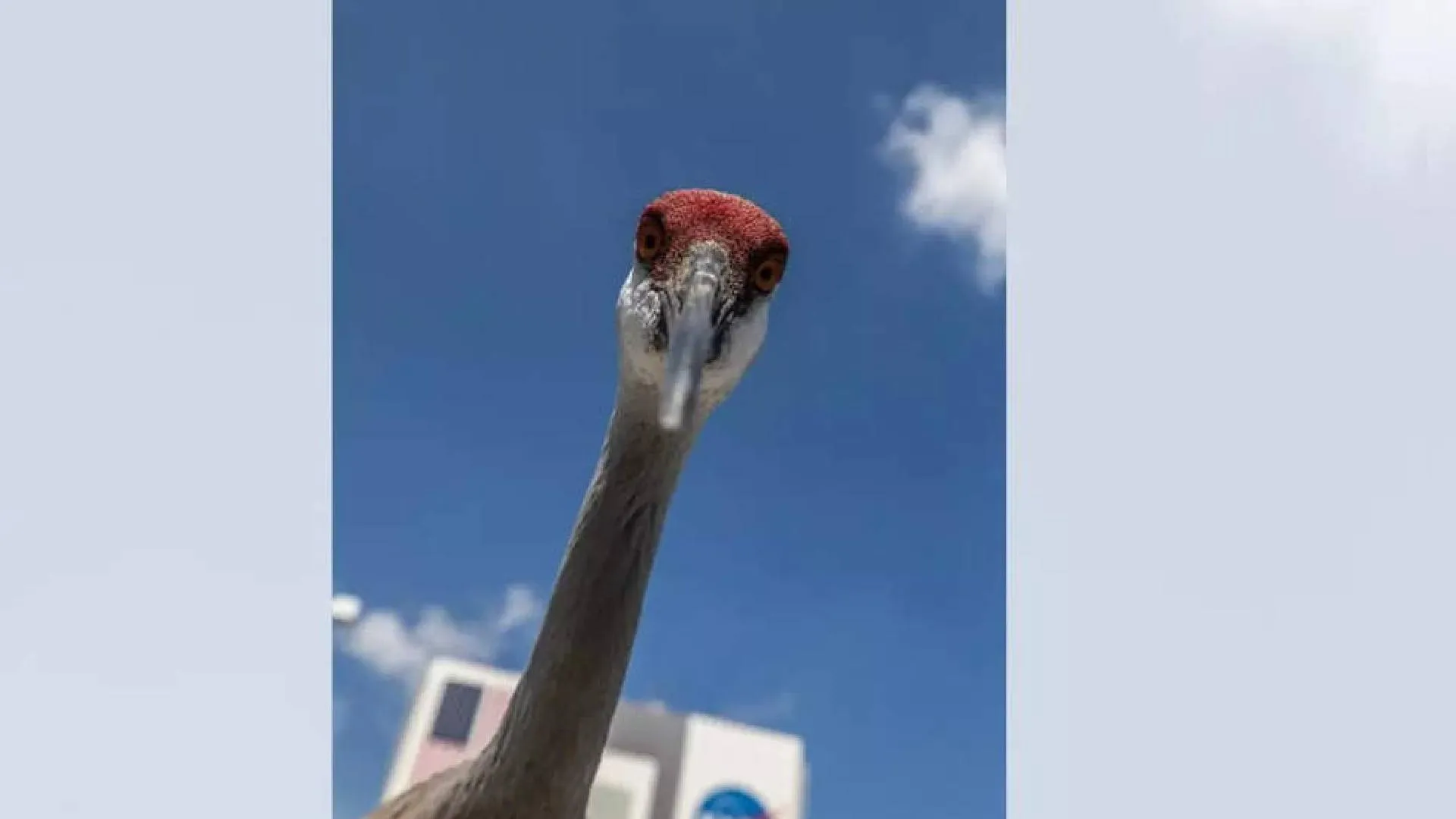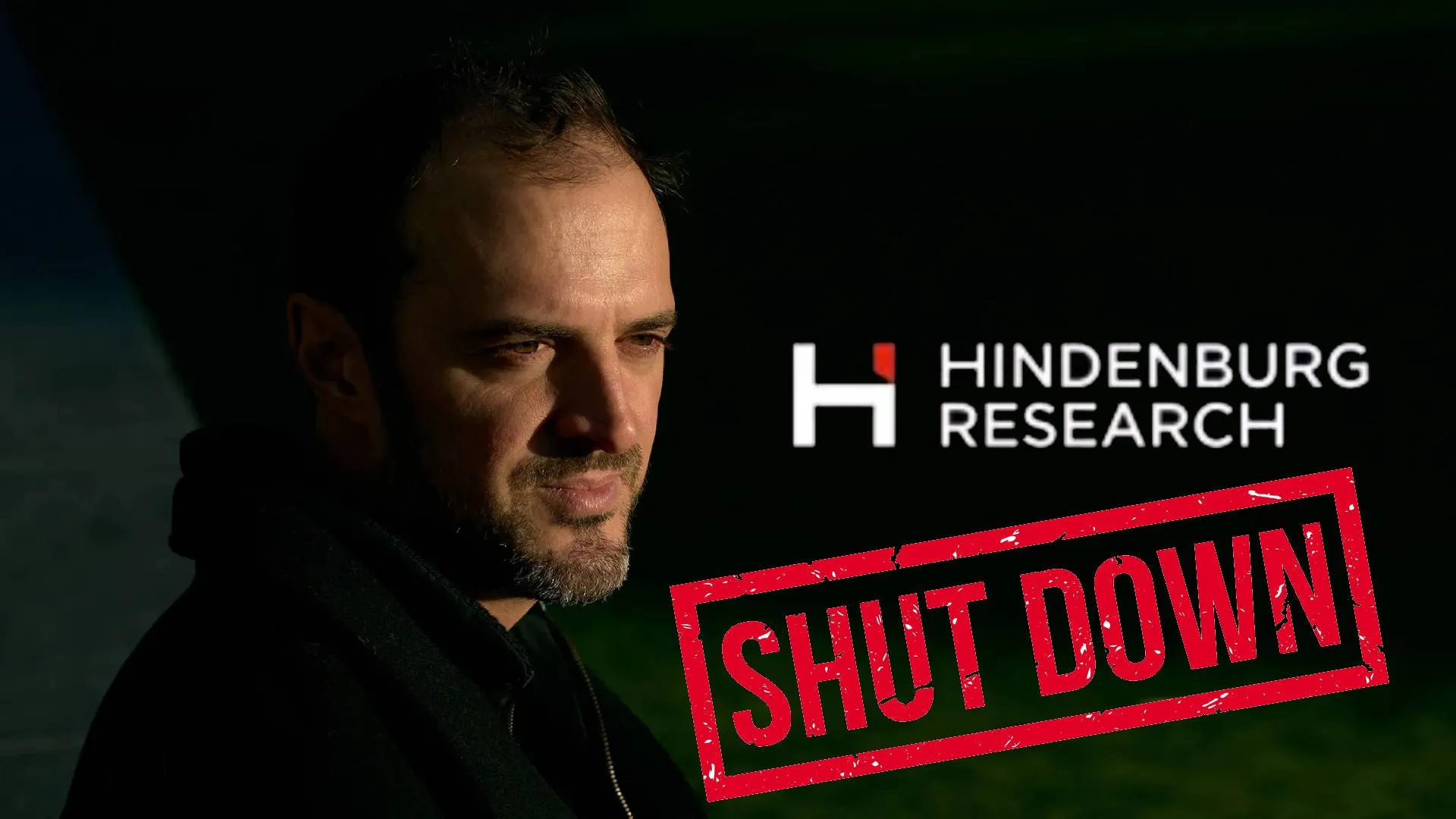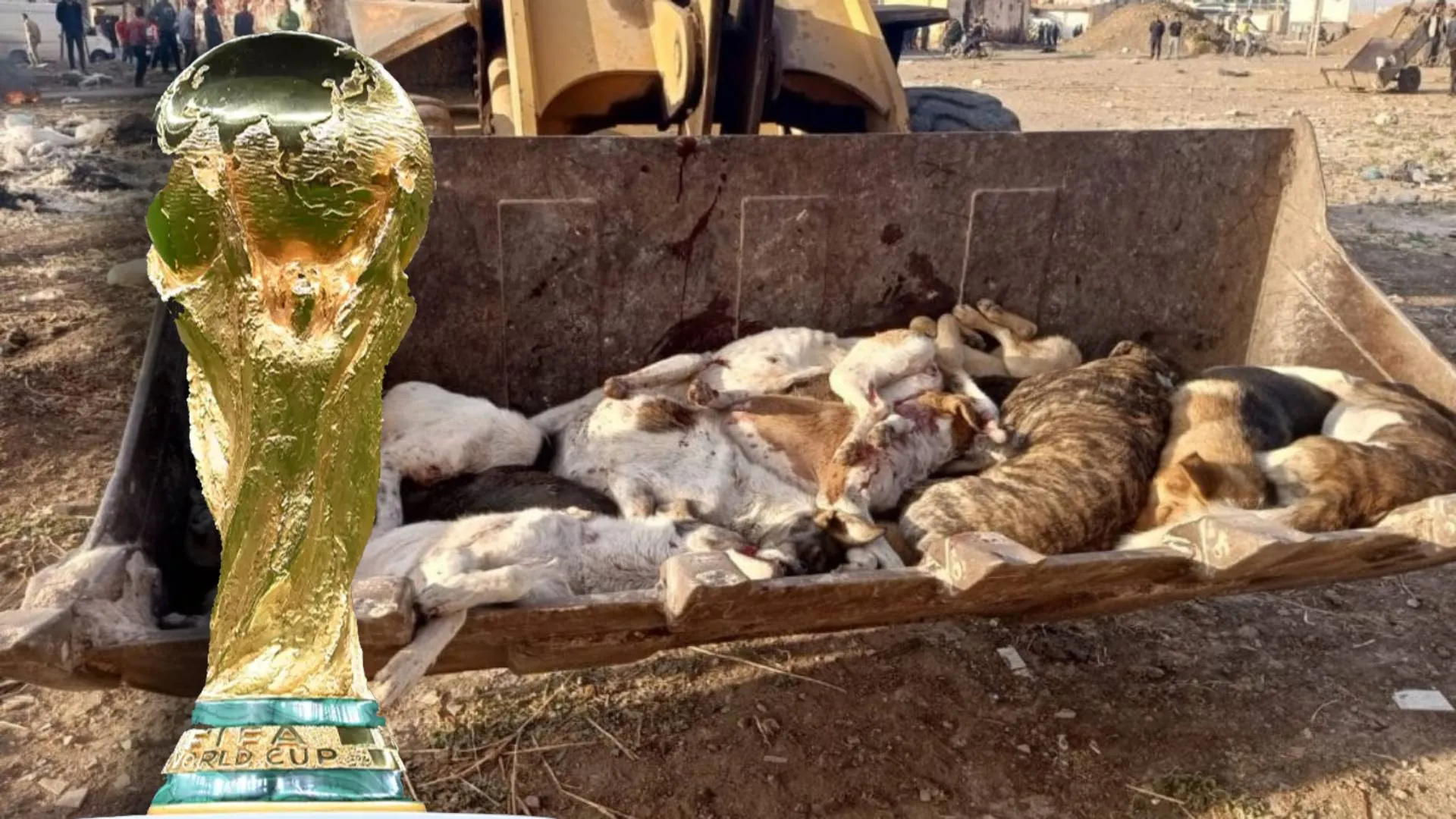UN humanitarian agencies and their partners on Wednesday urged countries to honour their pledges to Afghanistan, as they rush to scale-up delivery of lifesaving aid ahead of the coming winter season there.
Afghanistan was already among the world’s worst humanitarian situations prior to the Taliban assuming power in August, which has deepened existing needs and vulnerabilities. A USD 606 million flash appeal launched in September to assist more than 10 million vulnerable Afghans is less than 40 per cent funded.
Humanitarians warned that donor pledges and commitments “must urgently be turned into reality” before it is too late. “Afghanistan is on borrowed time,” said Mary-Ellen McGroarty, Representative of the World Food Progamme (WFP) in the country. “I have never before seen a crisis unfold at this pace and scale.”
Afghanistan has suffered decades of conflict and displacement, as well as chronic poverty, severe drought, and now the COVID-19 pandemic.
Nearly half the population, more than 18 million people, require aid assistance to survive, while conflict and insecurity have displaced more than 3.5 million, with nearly 700,000 uprooted this year alone.
The country’s health system is failing and the economy is on the brink of collapse. The rights of women and girls, and minorities, are also seriously under threat.
“We are witnessing a new depth of destitution as the drought and the economic crisis drives up food and fuel prices,” said McGroarty, stressing that families desperately need support as the colder weather approaches.
UN agencies and partner organizations are responding to the crisis despite financial shortfalls, logistical challenges and what they described as “an increasingly complex geo-political situation.”
Ramiz Alakbarov, the top UN humanitarian official in Afghanistan, said the country’s people “must not pay the price of collective failures”, and deserve to live in peace and dignity.
“We will spare no effort to respond to the needs of all women, men, and children in Afghanistan,” he said. “We will continue to advocate for the rights of women and girls, and of minority groups, as well as the rights of all to employment, food, healthcare, education, and safety,” he added.























